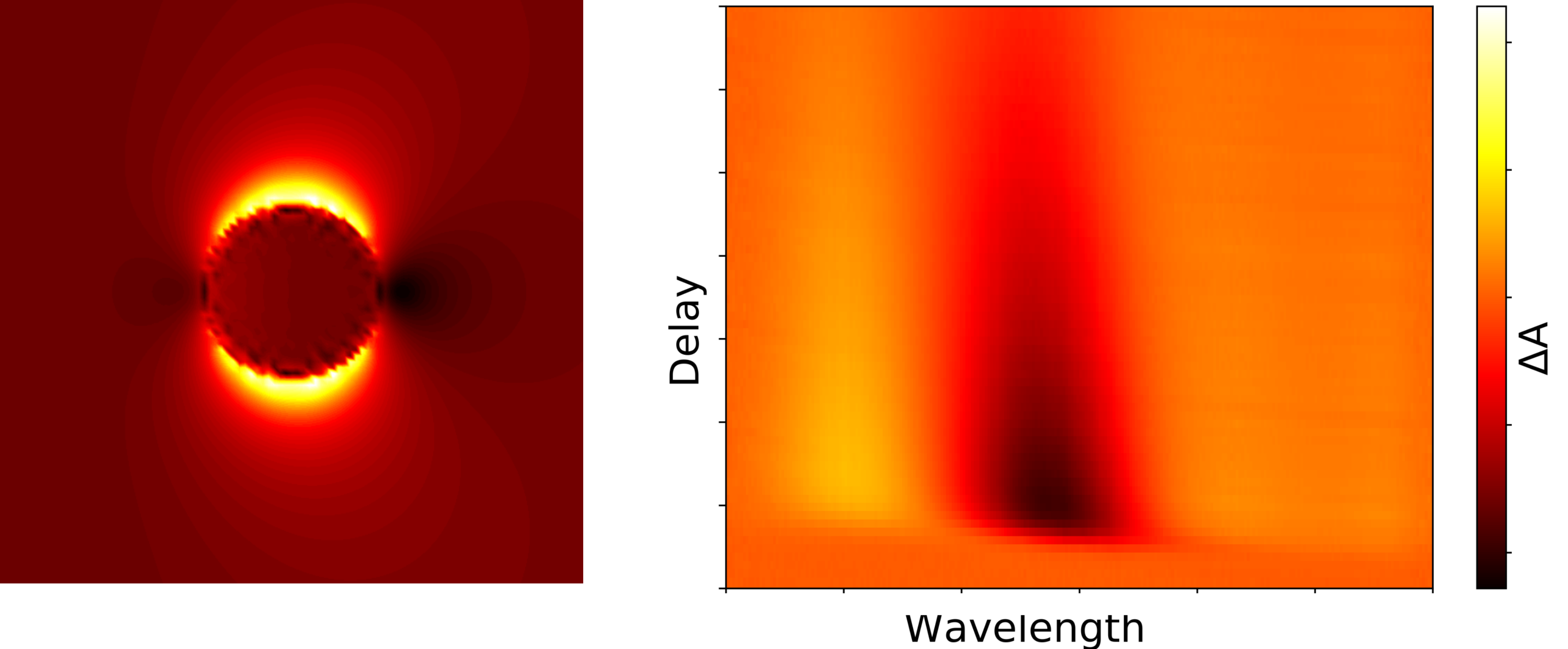Femtosecond plasmon dynamics

Plasmonics treats the unique optical excitations of metallic nanoparticles. The plasmon is a collective electron oscillation, associated with localized fields. It offers the ultimate spatial and temporal control over light, concentrating electromagnetic energy into nanoscale volumes. Presently, the details of the plasmon decay are intensely discussed and several decay channels are proposed. The current consensus is that energetic electrons are generated, which are of interest for applications focused on energy conversion. A detailed knowledge of the decay processes is the basis for controlling them. Surprisingly, there are no direct studies neither of the decaying field, nor of the excited energetic electrons. The combination of the required extreme time resolution with uniform samples makes experiments very challenging. Within our project, we aim at using few-cycle femtosecond pump-probe experiments on plasmonic gold nanoparticles to asses the excited electrons at the required timescales. In principle, few-cycle femtosecond pulses can be used for both, excitation and detection. However, the broadband excitation within such a degenerate experiment excites a broad range of modes, making the interpretation complicated. Within our project, we will first work towards demonstrating the general feasibility of few-cycle femtosecond degenerated pump-probe experiments for the investigation of excited electrons in plasmonic nanoparticles. In a second step, within a theory collaboration (TU Berlin), broadband pulses can enter as excitation terms to the calculation of the electron response. This way, we hope to be able simulating our experiment and extracting the relevant data even from a broadband excitation.




